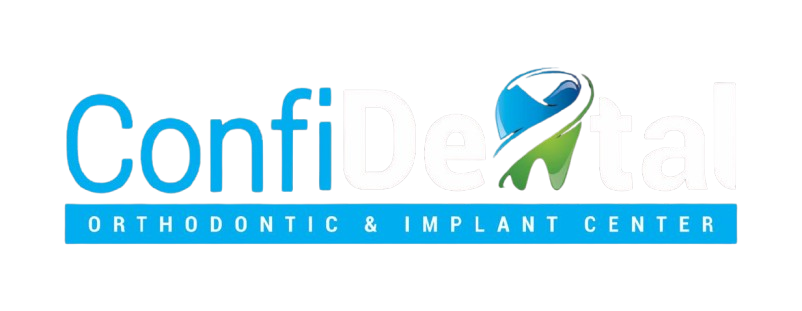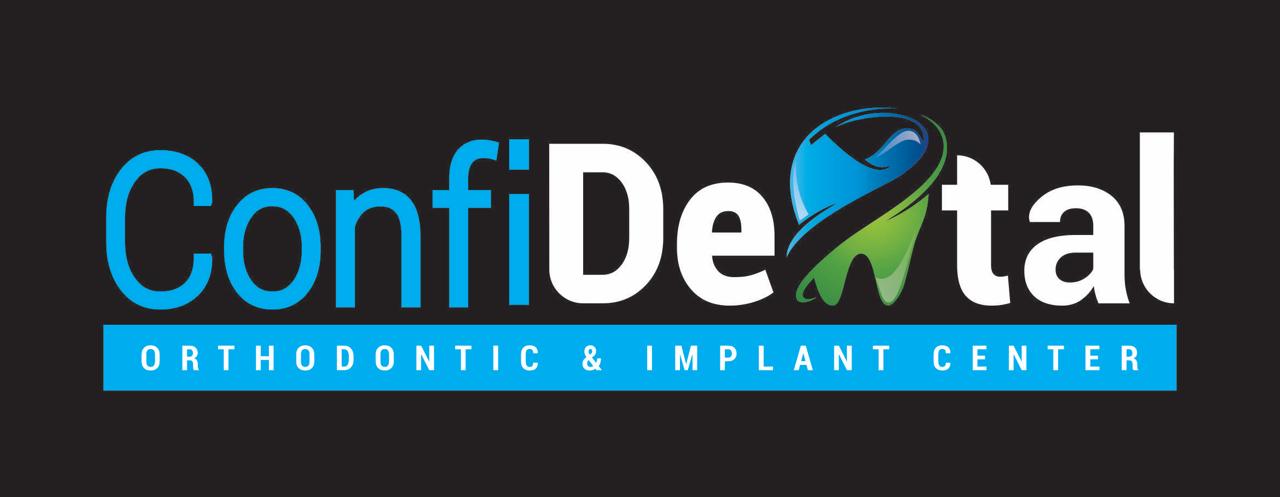Missing Teeth Treatment
- Home
- Missing Teeth Treatment
Missing Teeth Treatment
Missing teeth can affect both your appearance and functionality. Whether due to decay, injury, or age-related wear, losing a tooth requires careful consideration of treatment options to restore both your smile and oral health. Thankfully, modern dentistry offers several effective solutions for replacing missing teeth, many of which are affordable, comfortable, and durable.
1. Dental Implants
What They Are:
Dental implants are a super durable answer for missing teeth. They comprise of a titanium post surgically positioned into the jawbone, which goes about as a replacement root. Once the post fuses with the bone (a process called osseointegration), a crown is placed on top to restore the tooth.
Benefits:
– Highly durable and can last a lifetime with proper care.
– Function and appearance are very similar to natural teeth.
– Prevents bone loss in the jaw, which can occur when teeth are missing.
Suitability:
Best for patients with adequate jawbone density. If bone loss has occurred, additional treatments like bone grafts may be required.
2. Dental Bridges
What They Are:
Dental bridges are prosthetic devices used to “bridge” the gap created by one or more missing teeth. They are anchored to the adjacent healthy teeth or implants and consist of one or more artificial teeth (pontics) held in place by dental crowns.
Benefits:
– More affordable than implants.
– Can restore function and aesthetics quickly.
– Can be completed in just a few appointments.
Suitability:
Ideal for patients with healthy adjacent teeth that can support the bridge. If the neighboring teeth are not strong enough, other options like implants may be more appropriate.
3. Dentures
What They Are:
Dentures are removable appliances designed to replace missing teeth. There are two types: partial dentures (for replacing a few missing teeth) and full dentures (for replacing all the teeth in a jaw). Dentures are custom-made to fit snugly over the gums and can be made from acrylic, metal, or a combination of both materials.
Benefits:
– Non-invasive and less expensive than implants or bridges.
– Can replace multiple missing teeth at once.
– Quick and effective solution for those with many missing teeth.
Suitability:
Best for patients who are missing many teeth or who cannot afford more permanent solutions like implants. However, dentures may require regular adjustments and may not feel as natural or stable as other options.
4. Removable Partial Dentures
What They Are:
A removable partial denture is used when some natural teeth remain. It consists of a metal or acrylic framework with artificial teeth attached. These dentures can be removed for cleaning and can replace one or several missing teeth.
Benefits:
– Cost-effective and easy to adjust.
– Can be a good option for people with some remaining healthy teeth.
– Can be used temporarily while waiting for other treatments.
Suitability:
Removable partial dentures are appropriate for patients with a few missing teeth who want a non-permanent, affordable option.
5. Dental Crowns (For Teeth Adjacent to Gaps)
What They Are:
When one or two adjacent teeth are missing, a dental crown may be placed over the remaining teeth to support a bridge. The crown is custom-made to fit over the prepared tooth, restoring its strength, shape, and appearance.
Benefits:
– Improves the function of the surrounding teeth.
– Relatively quick and straightforward.
– Can help prevent further tooth damage or decay.
Suitability:
Ideal for patients who have one or two missing teeth and healthy teeth on either side of the gap that can support a bridge.
6. Resin-Bonded Bridges (Maryland Bridges)
What They Are:
A resin-bonded bridge is a conservative alternative to a traditional dental bridge. Instead of using crowns on the adjacent teeth, the bridge is attached to the backs of the adjacent teeth with a resin material. This option is often used for replacing front teeth.
Benefits:
– Less invasive and does not require reshaping of the adjacent teeth.
– More affordable than traditional bridges and implants.
– Typically used for replacing front teeth, where aesthetic appeal is essential.
Suitability:
Best for people with a missing front tooth and healthy adjacent teeth, as this solution does not require altering the adjacent teeth.
7. Flexible Dentures
What They Are:
Flexible dentures are a more comfortable, lightweight version of traditional dentures. Made from a thermoplastic material, they offer a snug fit and are less likely to cause irritation in the mouth.
Benefits:
– More comfortable than standard acrylic dentures.
– More natural-looking and flexible.
– Can be used to replace multiple missing teeth.
Suitability:
Ideal for patients who need a partial denture that is more comfortable and aesthetically pleasing.
Welcome to our dental clinic, where over a decade of experience meets cutting-edge technology. With more than 2,000 successfully treated patients, we offer a complete range of dental solutions all under one roof.

